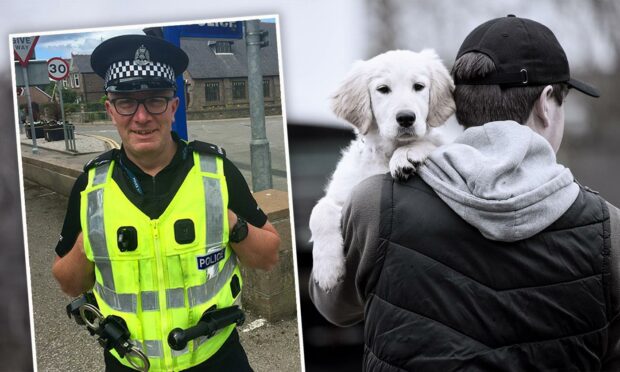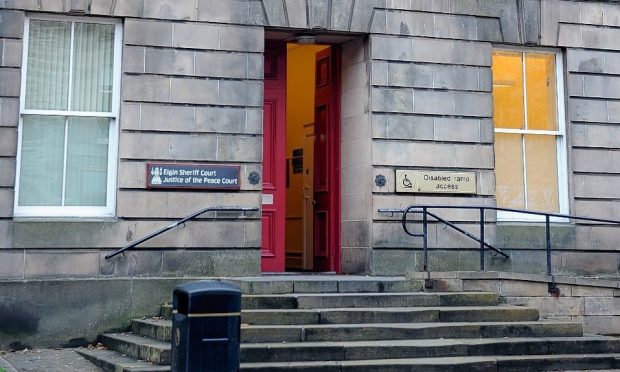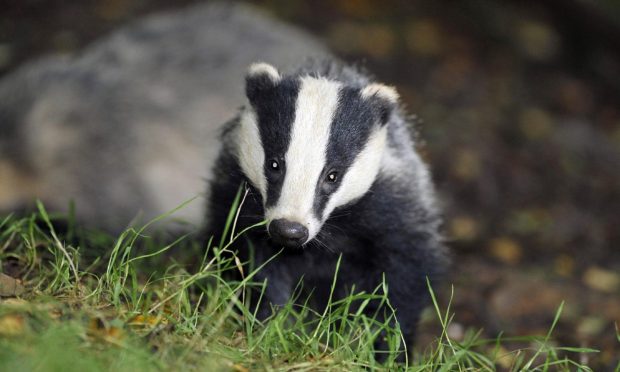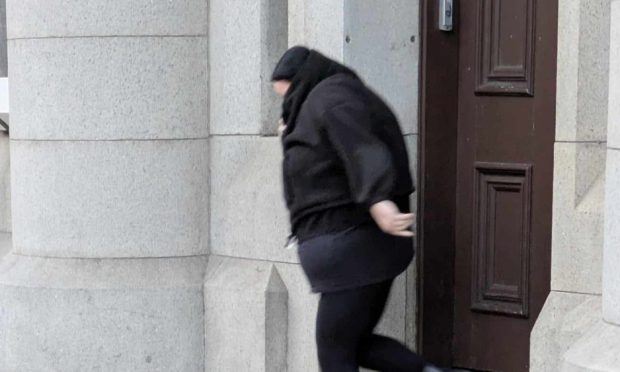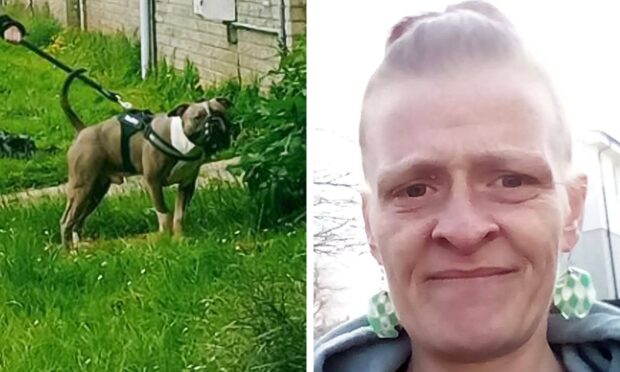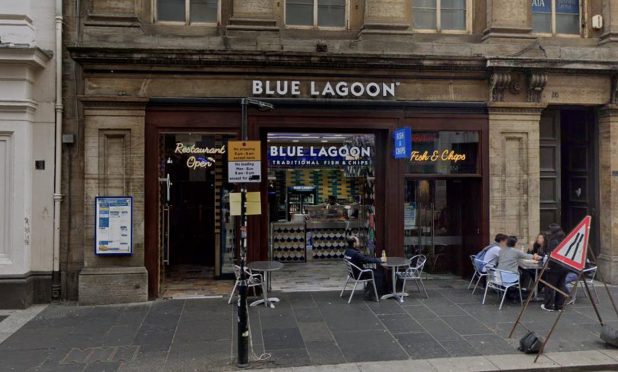With many people spending more time at home during the coronavirus pandemic there has been a big increase in those looking for a furry companion.
Travel and social distancing restrictions have led to a growing trend for pets, such as kittens and puppies, to be sold online – with prices more than doubling during lockdown.
Sadly, scams and frauds have also spread to the world of pet sales with criminals profiting from the huge increase in demand and deliberately targeting those looking for a new addition to the family.
Criminal gangs are making the online selling of pets a business, resulting in many looking for a new companion being scammed – either paying over the odds, receiving a pet that is either sick or not yet ready to be homed, or not receiving an animal at all.
Criminals will often sell very young puppies and kittens that are either sick, or too young to leave their mother.
Often these animals are bred in appalling conditions in “farms” and are brought into the UK from overseas. Remember – kittens and puppies should be at least eight weeks old before they are sold.
Always try and see the animal in the seller’s home or at the breeders and ensure they are in good condition.
‘Many of these animals are in poor health’
Avoid meeting in car parks or home delivery – unscrupulous sellers will often use social distancing as an excuse not to visit their home address preventing you from seeing where the animals have been bred.
If, when viewing an animal for the first time, it is obviously in poor health, the chances are it has been bred at a “farm”.
Most people will find it difficult to walk away from a poorly animal and criminals will take advantage of this to close a sale or demand more money.
Many of these animals are in such poor health that their chances of survival are slim.
Likewise, always avoid buying an animal based purely on a video posted online or sent via email as these are often fake or set up.
In some cases, sellers may bring adult cats and dogs into the video alongside litters that aren’t theirs to hide terrible breeding conditions or show a healthy litter of kittens or puppies via video, then deliver a different animal.
‘Think carefully before you transfer money to an unknown person’
To avoid being scammed, go and view the animals – preferably locally – and make sure you ask lots of questions.
Be mindful of paying upfront deposits for animals you’ve never met.
Scammers will often insist on a taking deposit in advance. Once they have received your deposit they will often ask for further funds to cover “unforeseen costs” such as pet insurance or vaccinations.
If you have been scammed then the animals may never be provided and the scammers may give false contact details so they cannot be traced.
Remember – do your research, trust your instincts and think very carefully before you transfer any money to an unknown person. It is always best to seek out a registered breeder or go to a local animal rehoming centre.
For all the latest court cases in Aberdeen, as well as the latest crime and breaking incidents, join our new Facebook group HERE.
